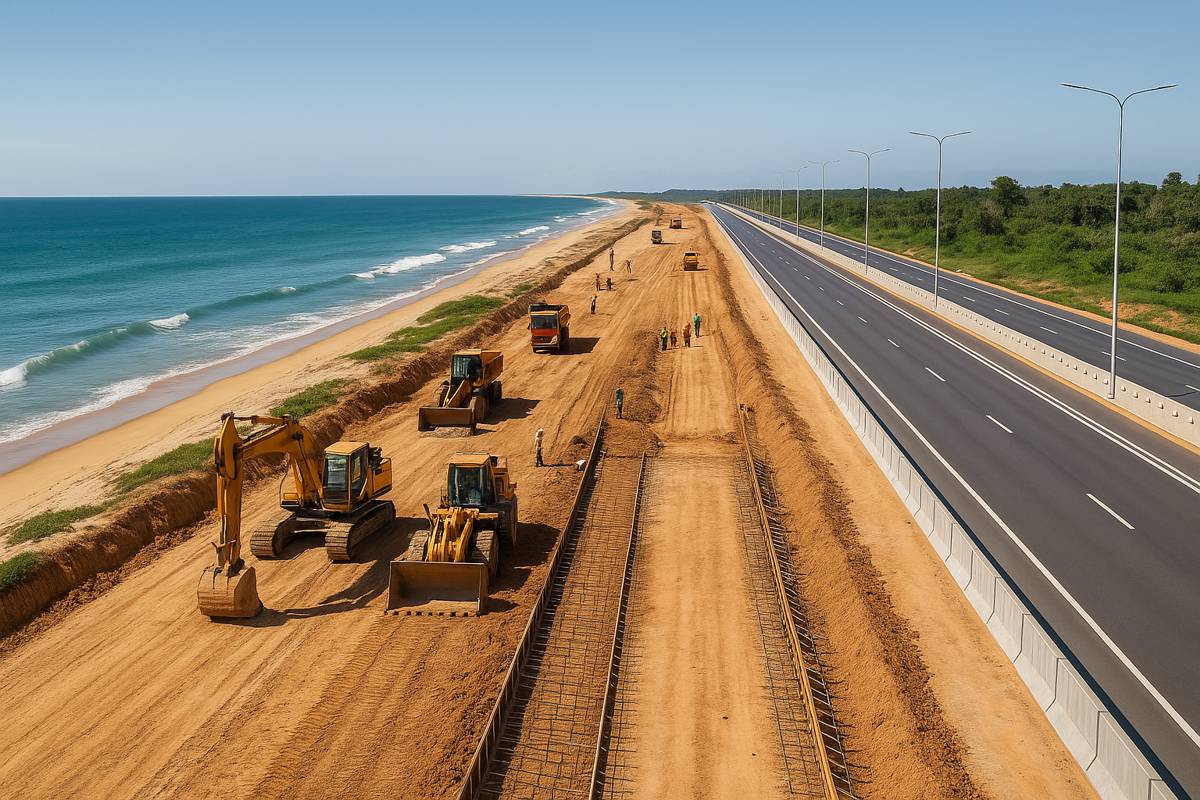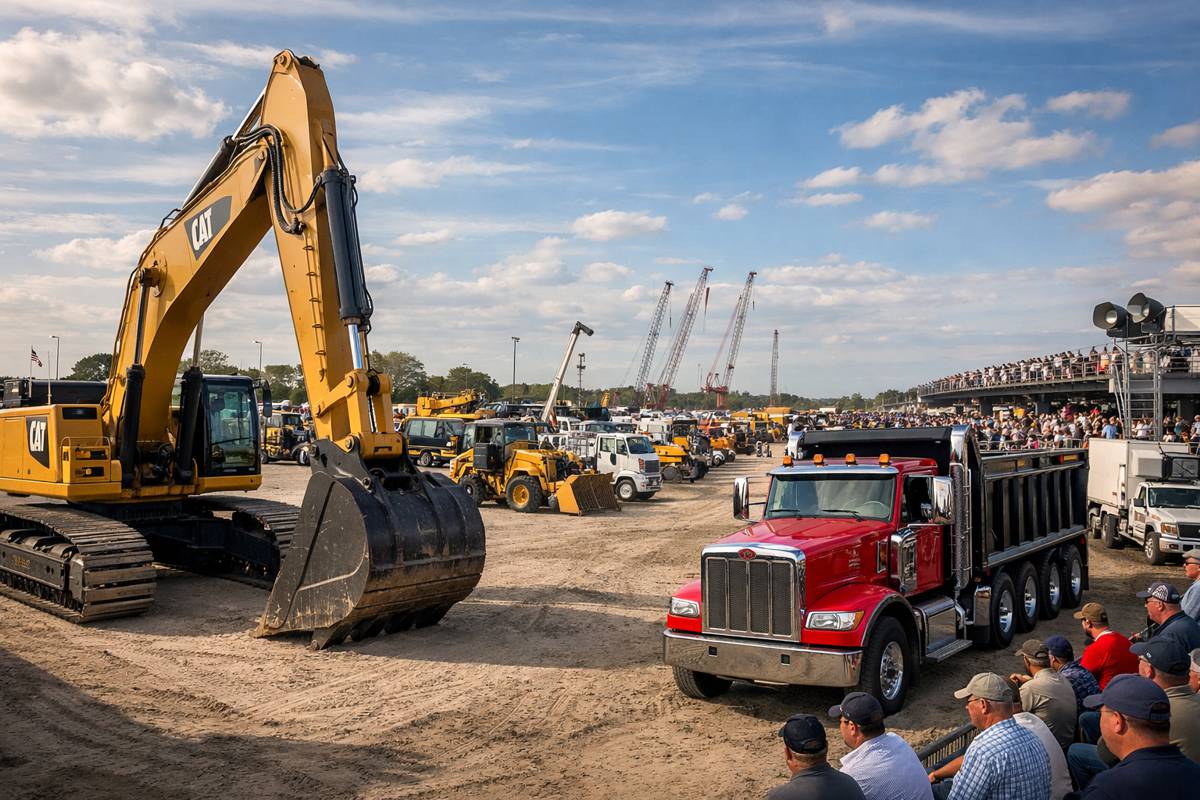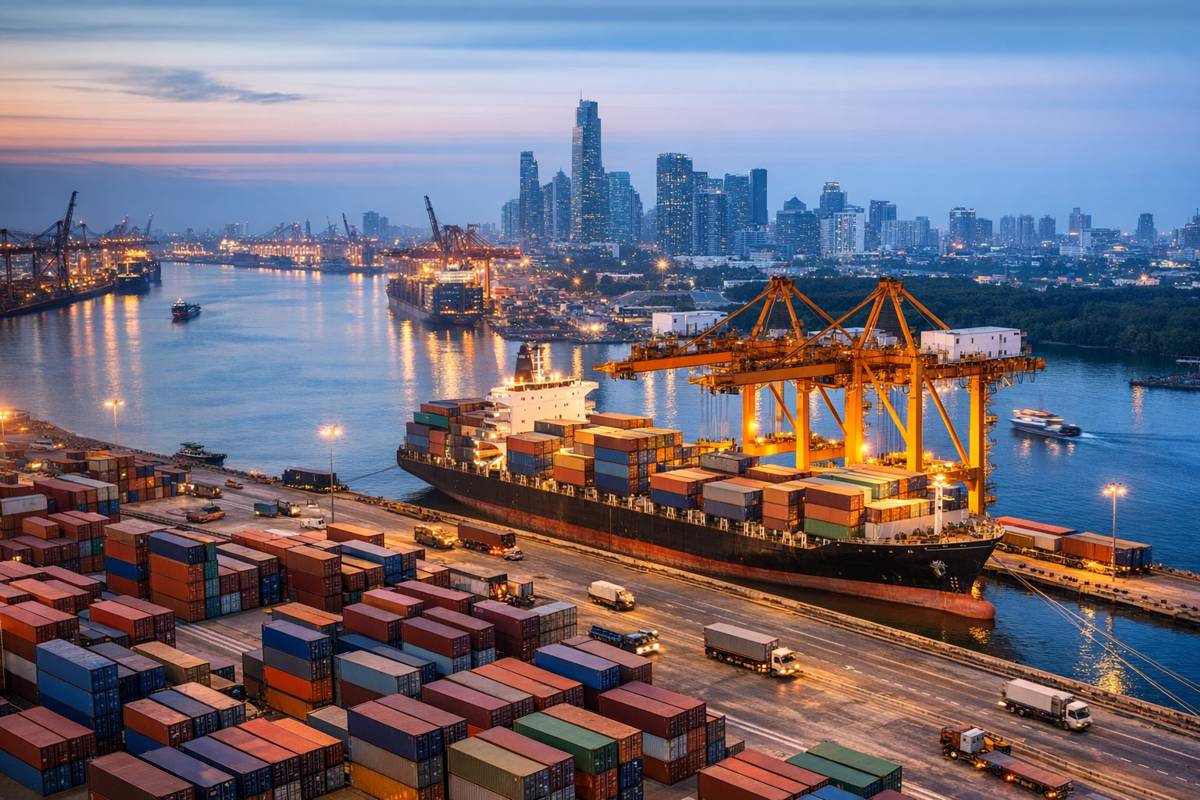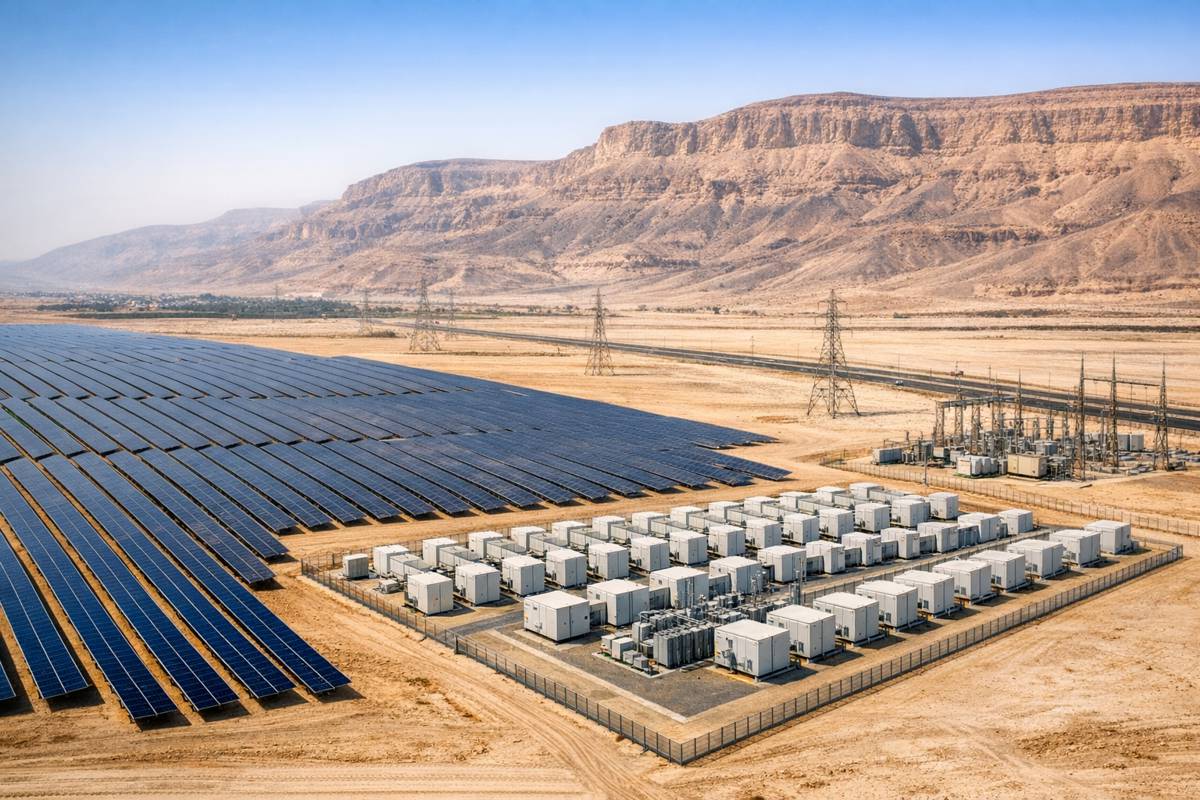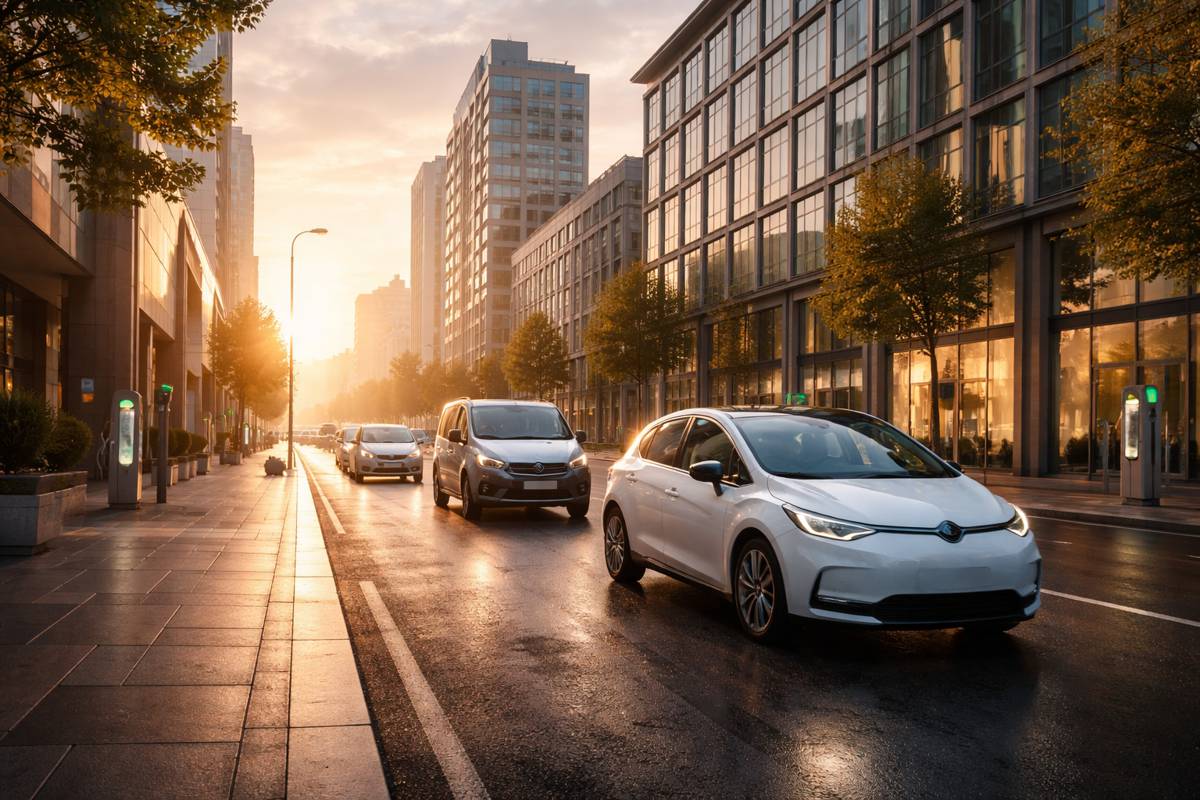ICIEC Financing for the $466m Lagos-Calabar Coastal Highway Project in Nigeria
In a move set to reshape West Africa’s transport landscape, the Islamic Corporation for the Insurance of Investment and Export Credit (ICIEC) is backing a landmark USD 466 million Islamic financing package for Nigeria’s Lagos-Calabar Coastal Highway Project.
The Shariah-compliant facility, extended by Deutsche Bank and First Abu Dhabi Bank, is insured under ICIEC’s Non-Honouring of Sovereign Financial Obligations (NHSFO) framework, providing crucial risk mitigation and confidence to international lenders.
A bold step towards Nigeria’s infrastructure renewal
The Lagos-Calabar Coastal Highway, one of Nigeria’s most ambitious public works projects in recent years, stretches 47.7 kilometres along the country’s southern corridor. Designed as a six-lane expressway with a reserved central lane for a future railway line, the development signals a new era in multimodal infrastructure planning.
The project aims to address congestion in Lagos, Africa’s largest city, and significantly cut travel times along the coast. Once complete, it will bolster productivity, streamline logistics, and enhance access to regional markets across West Africa.
Financing innovation with Islamic insurance
ICIEC’s support underscores how Islamic finance is becoming a powerful catalyst for sustainable development. The NHSFO insurance coverage protects the lenders against the risk of sovereign non-payment, effectively unlocking large-scale investment into infrastructure that might otherwise struggle to attract international financing.
Dr. Khalid Khalafalla, CEO of ICIEC, highlighted the strategic importance of this initiative: “This project exemplifies how Islamic finance, combined with robust risk mitigation, can drive transformative and inclusive development. ICIEC’s insurance support ensures investor confidence, paving the way for Nigeria to build the resilient infrastructure it needs to thrive economically, socially, and environmentally.”
This collaboration demonstrates the growing maturity of Islamic financial instruments in meeting global development needs, particularly in emerging markets such as Nigeria.
Catalysing employment and inclusive growth
Beyond its engineering and logistical impact, the Lagos-Calabar Coastal Highway carries strong socioeconomic potential. Construction activities are expected to create around 900 direct jobs and 300 indirect employment opportunities, prioritising local communities, women, and young professionals.
At least 40% of the project’s subcontracts are designated for Nigerian small and medium-sized enterprises (SMEs), reinforcing inclusive growth and supporting the domestic construction ecosystem. Structured training and apprenticeship programmes are planned to ensure the workforce acquires valuable technical skills that remain relevant long after the highway’s completion.
A model for sustainable and climate-resilient infrastructure
Environmental stewardship lies at the heart of the project’s design and implementation. Detailed environmental and social impact assessments guide every phase of development to ensure compliance with international sustainability standards.
The project integrates climate-resilient design principles, addressing flood prevention, erosion control, and biodiversity conservation. It also aligns with the United Nations Sustainable Development Goals (SDGs), specifically:
- SDG 9: Building resilient infrastructure, promoting inclusive and sustainable industrialisation, and fostering innovation.
- SDG 11: Making cities inclusive, safe, resilient, and sustainable.
- SDG 13: Taking urgent action to combat climate change and its impacts.
By focusing on environmentally responsible construction and social inclusion, the highway sets a benchmark for future public infrastructure developments in Nigeria and beyond.
Strengthening regional integration across ECOWAS
Strategically, the Lagos-Calabar Coastal Highway forms a vital segment of the ECOWAS Trans-West African Coastal Highway corridor, an ambitious plan to link 12 West African nations from Lagos to Dakar. Once operational, the route will serve as a critical artery for trade and mobility, enhancing Nigeria’s role as the region’s primary economic hub.
The corridor is expected to:
- Facilitate smoother movement of goods and people between major coastal cities.
- Reduce logistical costs for importers and exporters.
- Boost inter-regional trade and investment flows.
- Strengthen Nigeria’s competitiveness as a transport and logistics hub.
The project also complements national initiatives such as Nigeria’s National Integrated Infrastructure Master Plan, which aims to close the country’s infrastructure gap by mobilising both public and private capital.
Global partnerships powering African progress
The collaboration between ICIEC, Deutsche Bank, and First Abu Dhabi Bank reflects a broader trend in infrastructure financing, one that favours partnership-driven models combining local ambition with global financial expertise.
By providing the NHSFO insurance, ICIEC enables international financiers to channel capital safely into high-impact projects in developing markets. This form of risk-sharing is increasingly seen as essential for unlocking private investment in Africa, particularly as countries seek to diversify their economies and reduce reliance on traditional funding sources.
In Nigeria’s case, the project’s financing structure also demonstrates the appeal of Islamic finance as an alternative model for infrastructure development, blending ethical investment principles with robust financial security.
Driving economic transformation through connectivity
The Lagos-Calabar Coastal Highway will do more than just connect two cities. It will knit together communities, boost tourism, and enhance industrial access across southern Nigeria. Improved mobility is expected to drive up property values, stimulate real estate development, and attract new business investment along the corridor.
Moreover, the project’s long-term maintenance and operational frameworks are being designed to ensure the road remains financially sustainable and efficient, preventing the deterioration often seen in large-scale public infrastructure.
Building a sustainable legacy
As Nigeria accelerates efforts to modernise its infrastructure and expand regional influence, the Lagos-Calabar project stands as a symbol of progress. It reflects how strategic partnerships, innovative financing, and sustainable practices can converge to produce tangible, lasting change.
By fusing Islamic finance with modern infrastructure management, Nigeria is setting an example for other African nations seeking to balance growth with sustainability.
In the words of Dr. Khalafalla: “We are proud to contribute to a project that reflects our mission and our unwavering commitment to the Sustainable Development Goals.”
The highway’s completion will mark not just the construction of a road, but the creation of a new economic corridor, linking people, opportunities, and futures across West Africa.
